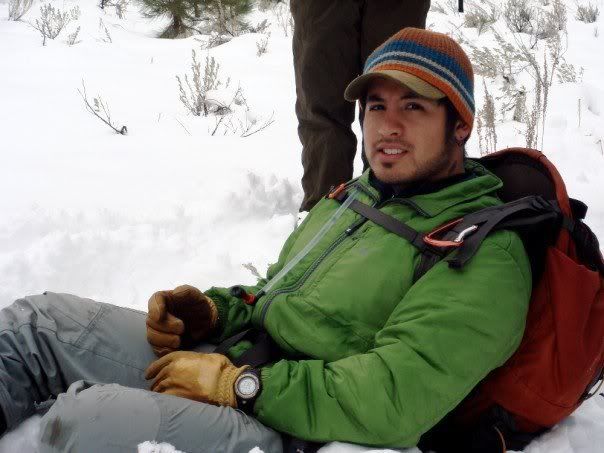small town opportunity
Just came from sitting in a meeting of the City of Sandpoint Chamber of Commerce Ed. Committee (wow that's a long title); I was invited to come by the chair, Paul Krames, who is also involved with the Waterlife Discovery Center (WDC - where I'm working) so that I could meet more people involved in education in sandpoint - networking, connections, etc. I'm not sure exactly what the committee's role is in the broad sense, but sitting there I started thinking about the different ways people get involved in communities, and the community differences inherent. For example, I've been in town for less than two weeks, and here I am sitting in on this Ed. Comm. meeting. Obviously it was because of my connection to the WDC, and Paul Krames was at the WDC Ed. Comm. BBQ held last week the day of my arrival - but, then, that's exactly the point isn't it? Even in Spokane, not an enormous city, this wouldn't happen the same way. But something I've noticed, and that's been noticed by many others also, is that in Spokane it is relatively easy to get deeply involved in something in a short amount of time. Certainly compared with a larger city --Boston, Seattle, not to mention NYC-- Spokane's infrastructure is not difficult to break into.
Back to the original point, though, is that this definitely gives me some encouragement with being able to "plug-in" to Sandpoint's educational community. Yesterday, I had the opportunity to tag along with Tom Whalen, an IDFG Game Warden who is also IDFG's bull trout education officer as he taught an outreach program at Priest River elementary. I helped facilitate some of the activities, and was able to bring in some MOSS experience connecting the bull trout sketching station to field science sketches--e.g. "so kids, did you know that as you sketch you're being scientists?" "REALLY?!"--and it was great to see the kids get excited about it all. Also learned some useful fun facts on bull trout along the way. They're particularly useful to study because of their status as an indicator species--because they need such cold and clean water to survive, their population status is a very quick response to changes in water quality. We still have a fair number here in the Sandpoint area, but even so by fair number we're talking ~75 bull trout. Not exactly an overwhelming population. There's a particularly slow-running and mucky area of the pend o'reille river, the worst of which is called the "mudhole" (it's actually labeled that on the highway sign) which is popular for swimming and such, and apparently the bull trout just book it through that part of the river on their way to a tributary that runs down from the other side of Schweitzer mountain, where the water is cold and clean. Anyway, they're an endangered species, so keeping them is illegal--we're talking a minimum $300 fine. They take their fish seriously up here.
"No spots on the fin? Put it back in!"
Tom also offered to take me along on a patrol in his patrol boat sometime, which would be pretty neat and even exciting if we have to take down any pirates...I mean, check any fishing licenses. I often forget that game wardens are kind of nature cops, meaning they carry a gun on their belt and a fairly high-powered rifle in their truck, for those rare times when they run into more trouble than a fisherman who ran over his limit. Being in that fairly friendly and casual role most of the time, Tom tells me it can be tricky to switch into "cop mode" quickly as they sometimes need to do--e.g. when he runs a driver's license and discovers he has a convicted run-away rapist in the truck in front of him.
"Excuse me sir, could you please step out of the car? I'm afraid you just can't be trusted with that fishing rod."

No comments:
Post a Comment